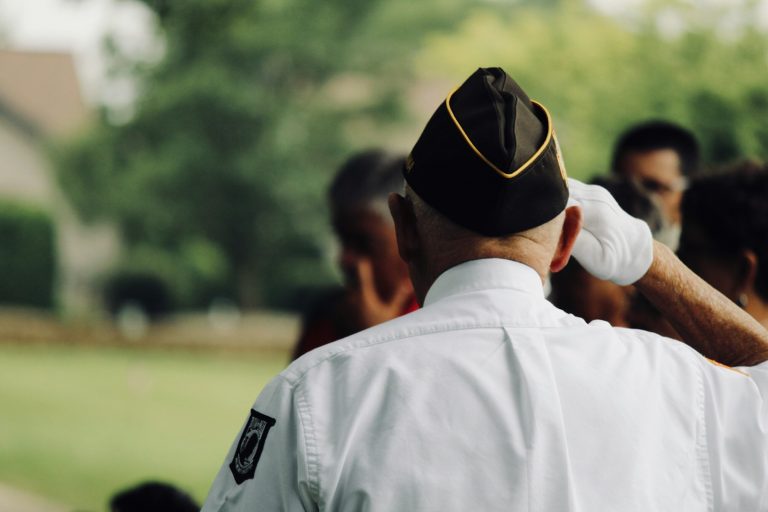Military veteran charity groups, which exist in great numbers, offer veterans and their families multifaceted and fundamental assistance. These organizations operate at different scales, from regional community efforts to national scales, all of which cover the wide variety of needs of civilians from the military.
Here are several vital functions the recognized associations handle.
Advocacy and Awareness: Veteran charity organizations often defend veterans’ rights and, at the same time, inform the general public about the difficulties that a vet encounters. They interact with government officials and the authorities in formulating veteran policies to ensure veterans get support and entitlements according to the law. Stating problems like healthcare access, job placement, and mental health strategies appearing in these organizations demonstrates to the world that veterans are making noise and fighting for system change.
Direct Assistance and Support Programs: Numerous veteran charities organize help that veterans can use on-site. It differs in many ways, but it always includes financial help for housing, healthcare, the creation of new schools, and facilities for obtaining a job. Moreover, there are programs for disabled veterans specially adjusted to PTSD, war injuries, or other service-related conditions. The charities that offer both concrete tools and guidance are making the process of reintegration for veterans into civilian life far smoother; they are the ones who help veterans get back on their feet again.
Peer Support and Camaraderie: Among the most considerable contributions of veteran charities such as Wounded Warriors Family Support is cultivating a sphere of self-help and a feeling of fellowship among veterans. The associations offer these channels support groups, mentorship programs, and social activities. These platforms are where the veterans are free to open their minds and tell their stories, seek guidance, and connect with people who can understand their struggles. This experience of community ensures that veterans are not left alone when adjusting to a life without the military and can help them cope with the emotional and psychological aspects of the transition.
Employment and Career Development: Reputable veteran groups offer aid through employment and career assistance programs. Such projects assist veterans through job-finding services, including resume, interview preparation, and skills training to fit the culture of civil jobs. Through working with veterans to turn their military experience into a gig matching their skills and showing them jobs available on the market, organizations become the advisers and counselors veterans need to have good financial and professional well-being post-service.
Health and Wellness Services: Veteran Charities are a crucial part of healthcare delivery in the country, and they aim to improve the physical and mental wellness of veterans who have served in the uniform. They might also manage wellness centers, deliver counseling services, or sponsor leisure activities to promote veteran well-being. Also, some organizations are dedicated to providing health services such as medical attention to war veterans, rehabilitation, and care for the VA health system. Organizations of this type focus on improving veterans’ health status, quality of life, and ability to overcome challenges.
Family Support and Outreach: A charity’s goal goes beyond just veterans; it also acknowledges that families have unique needs. Hence, many charities also assist spouses, children, and caregivers. The Army community service can give families advice or assist them financially, or they can even help with their education. These organizations support the veteran’s family to improve family ties and create a feeling of community. Thus, veterans can become more stable and resilient by creating a supportive environment in their houses.
Emergency Relief and Crisis Intervention: At times of crisis or unexpected catastrophes, veteran charities usually apply emergency relief and crisis intervention platforms by providing financial and psychological help for veterans who need it. In the defense or provision of financial assistance towards rent or utility bills, the availability of temporary lodging, or the support along the route of legal or bureaucratic challenges, they guarantee veterans fast enough help when in emergency need. An expeditious and precise supportive system could prove decisive in helping service members correct their life course during hard seasons or emergencies.
Final Thoughts
Veteran charities represent the backbone of support given by the country to those who have sacrificed their lives. They do what is necessary to help veterans and their families overcome many challenges. The organizations play a crucial role in this process through their advocacy, direct aid, pea support, and various special programs to support the veterans who made sacrifices for our country and enable them to adapt successfully to civilian life.
